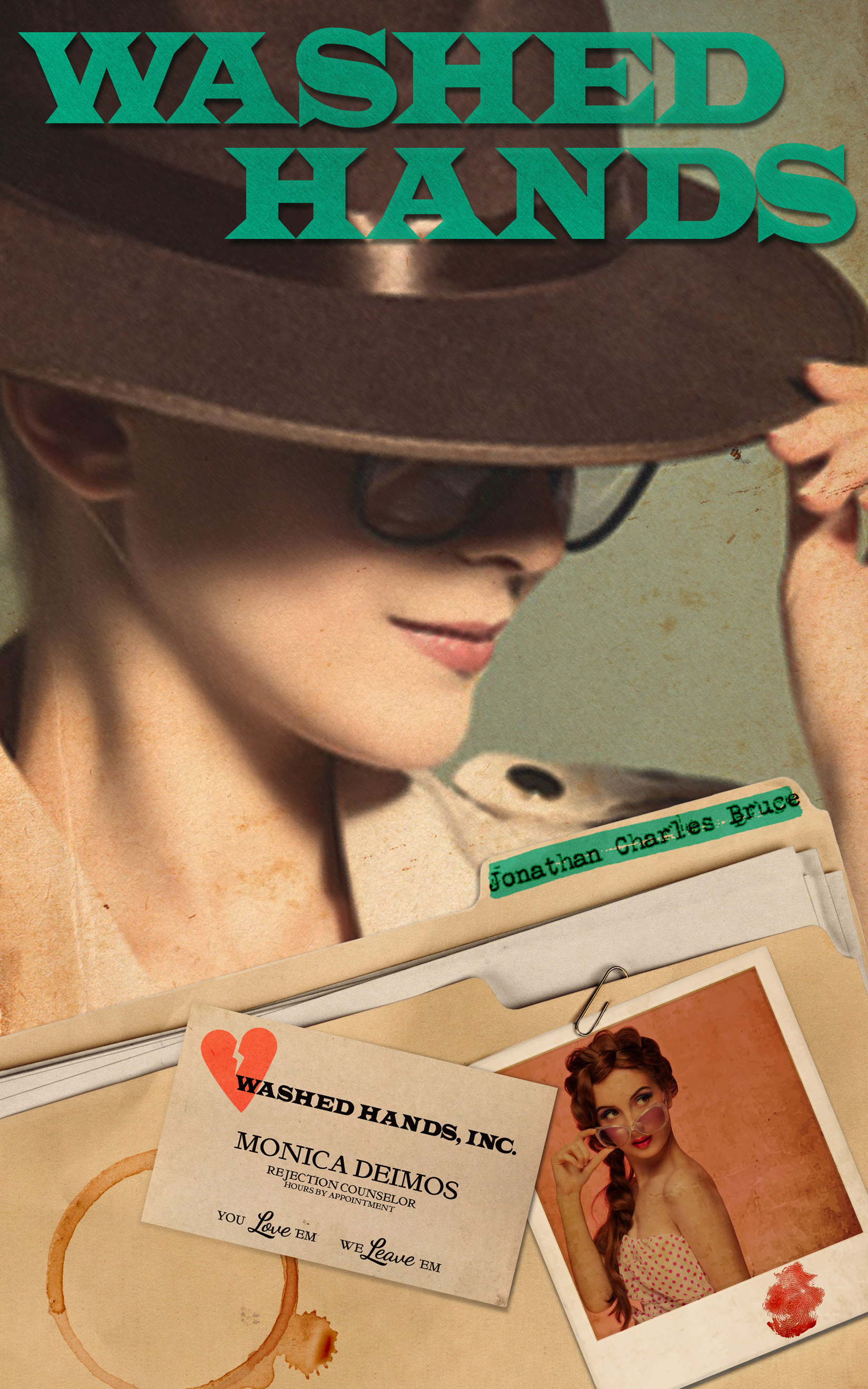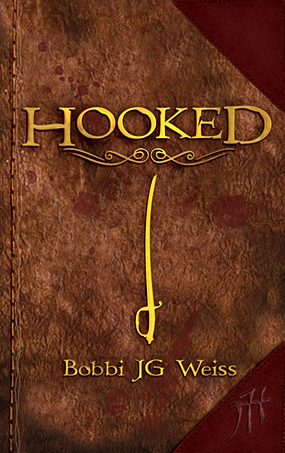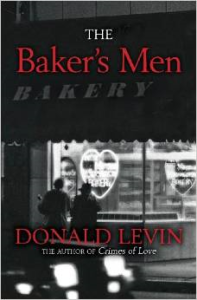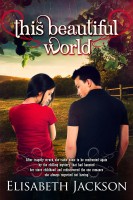Title: Divine Scales
Author: Jennifer Blackstream
Genre: Fantasy Romance
A warrior with a hunger for sin . . .
Driven by a terrible hunger for the black souls of evil men, Patricio, divine executioner of the gods, patrols the kingdom with blood on his hands and ice in his heart. The families of his victims sing his praises–the result of a witch’s cruel curse that condemns him to be forever surrounded by false adulation. When the curse sours the first hint at romance Patricio has had since becoming the king’s heir, his rage is all consuming. Disgusted, he leaves the mermaid in the sea and returns to the palace…only to be shocked when she bargains for the legs to follow him.
Driven by a terrible hunger for the black souls of evil men, Patricio, divine executioner of the gods, patrols the kingdom with blood on his hands and ice in his heart. The families of his victims sing his praises–the result of a witch’s cruel curse that condemns him to be forever surrounded by false adulation. When the curse sours the first hint at romance Patricio has had since becoming the king’s heir, his rage is all consuming. Disgusted, he leaves the mermaid in the sea and returns to the palace…only to be shocked when she bargains for the legs to follow him.
A mermaid out of her element . . .
Marcela’s world has been turned upside-down–literally. Once a proud member of her father King Triton’s royal guard, she’s now the victim of an angel’s curse. Enchanted into false adoration bordering on obsession, she traded her tail–and her voice–to the sea witch for the legs she needed to pursue the object of her desire. In a cruel twist of fate, the very magic that gave her the means to pursue her passion also broke the spell that caused it. Now she’s in the angel’s arms, but how can either of them trust the desire churning inside them when so much magic has muddied the waters?
Trust isn’t easy when nothing is as it seems . . .
A mermaid with legs and no singing voice. An angel with a curse. A witch with a chip on her shoulder. The world is full of magic and mayhem, and for an angel and a mermaid, it will take more than a kiss to balance…the Divine Scales.
Author Bio
Jennifer Blackstream is a psychology enthusiast with both a B.A. and M.A. in Psychology. Her fascination with the human mind is most appeased through the study of mythology and folklore as well as any novel by Sir Terry Pratchett.
Jennifer enjoys listening to Alice Cooper, trying new recipes (to which she will add garlic whether it calls for it or not), watching television with her family, and playing with her woefully intelligent young son. She lives in Ohio.
Jennifer spends most of her time drinking coffee from her X-Men mug and desperately trying to get all her ideas written down before her son can find that all magical button on her laptop to make her latest work vanish.
To learn more about Jennifer Blackstream and her novels, visit her website athttp://www.jenniferblackstream.com.
Guest Post
I get a lot of questions about inspiration.
What inspires my characters and plot? To be honest, it’s hard to say. Usually,
the ideas just come to me out of the blue. But every once in a while, something
I’m reading will spark an idea. I’ll read something another author’s done and
think, “Now, if it were me, I would have done this a little differently…” And
then my muse takes the idea and runs with it. So, I suppose what I read has a
great deal to do with my inspiration. With that in mind, here are a few of my
favorite authors. I’ve tried to stay in the fantasy/paranormal romance genre in
case my readers would like to try them out.
Laurell
K. Hamilton
Technically, Laurell is urban fantasy.
However, her books (particularly later ones) have a great deal of romance (and
an even greater deal of sex), so I’m counting her. Laurell is not for the faint
of heart. Her gore is outmatched only by her eroticism (again, this is mostly
later books, her earlier ones were much less romance/sex and more
mystery/horror/paranormal). Her Anita Blake: Vampire Hunter series is about a
necromancer (Anita) who helps the police solve crimes when there is a
paranormal element involved. She is also a necromancer for hire, and those
cases can get very interesting as well. To top it all off, Anita has a
protective streak, and often finds herself involved in someone else’s mess
because she simply isn’t willing to walk away and leave someone who needs help.
I love the combination of mystery/paranormal/romance, and I highly recommend
the series.
What
I love about Laurell’s books:
·
The mystery keeps the suspense
very high, which makes the books hard to put down
·
Jean-Cladue, her vampire, is
deliciously Machiavellian
·
The erotic scenes are
incredibly well-written and very intense
·
Her plots are usually complex
enough, that the books can be re-read over and over and you still won’t predict
everything that happens
What
I love less about Laurell’s books:
·
She tends to have whiner-men.
There’s almost always a man in there that’s emotionally needy, and he usually
takes up a lot of screen time. It becomes a bit tiresome when there’s more than
one.
·
In later books, the sex gets a
bit more attention than the plot
·
Anita has become something of a
Mary Sue (again, in later books, she starts off beautifully). Honestly, to save
the series, Anita is going to have to be stripped of some serious power.
Katie
MacAlister
I love Katie’s Aisling Grey: Guardian
series. They are about a human, Aisling, who discovers she’s a guardian. She
also discovers that she is apparently the mate of the head of the Green
Dragons. Oh, and she’s accidentally claimed a demon servant who appears as her
dog. As Aisling struggles to figure out just how all this paranormal stuff
works, she ends up involved in various plots and mysteries that happen in that
new world.
What
I love about Katie’s books:
·
They are laugh out loud funny
·
Her mythology is very
entertaining, as are her dragon politics
·
I enjoy the mysteries she
infuses in with the romance, they really pull you through the book
What
I love less about Katie’s books:
·
I found some of the description
a bit confusing, but it wasn’t confusing enough to turn me away. Specifically,
I’m a bit unsure of how draconic Drake (the leader of the Green Dragons) is?
·
Sometimes I’m laughing so much
that it keeps the mystery from being as suspenseful as it might otherwise be
·
The books usually end with
something tearing Aisling and Drake apart (romantically speaking), so that they
can get together again in the next book. Sometimes, the break up seemed a
little thin
I could go on an on about other favorite
authors, but I’d hate to completely take over my host’s lovely blog, so I’ll
leave you with these two. Check out the Anita Blake: Vampire Hunter series and
the Aisling Grey: Guardian series. You’ll be glad you did!












